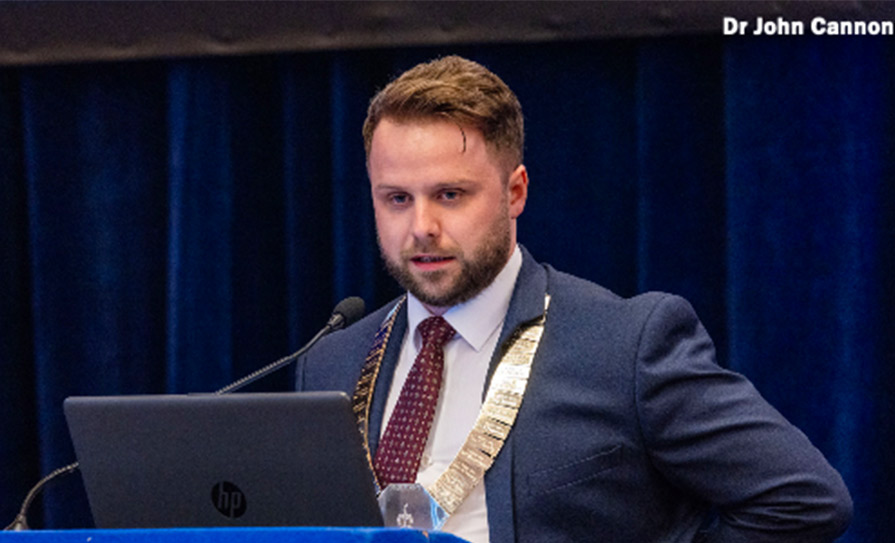Generational wealth is now required to pursue graduate-entry medicine (GEM) due to high annual fees and insufficient access to loan packages and other financial supports.
IMO doctors passed a motion calling on the Minister for Health and Minister for Further and Higher Education to ensure that fees for GEM students and direct-entry medical students are the same, and to allow access to SUSI funding for GEM students. The meeting heard that the current system is a barrier to ensuring students from all socio-economic backgrounds can avail of the GEM pathway and adds a huge debt burden to medical students at the end of their studies.
Introducing the motion on behalf of the IMO council, NCHD chair Dr Rachel McNamara said: “We know a third of our medical graduates are coming through the graduate-entry route. The cost per annum [for EU students] for the graduate-entry training programme is now ranging from €15,000 to €18,000 per annum and it has gone up consistently year-on-year for the last number of years.”
Dr McNamara said the only loan product that was previously available to students was discontinued in 2022.
“And as a result, entire demographics are now being priced out of pursuing a graduate-entry pathway. It is really only allowing those with an exceptionally high level of discretionary income to do it and only certain sections of society.” According to Dr McNamara, 250 GEM students wrote a letter to the then Minister for Further and Higher Education Simon Harris this year expressing deep concern about the situation. “There are a good number who have now had to face not continuing in their training,” added Dr McNamara.
Dublin GP Dr Ray Walley noted that all postgraduate fees in Australia “are allowable against tax, so effectively we are going to be exporting these doctors”.
Ballinasloe GP Dr Annraoi Finnegan queried whether measures could be implemented retrospectively to assist GEM graduates. Dr Finnegan said he has come across GEM graduates who have accumulated “astounding amounts of debt, which is a huge burden on them and one of the reasons they feel they have to move to sunnier climates”.
He suggested if measures could be applied retrospectively to ease this burden “we might have some hope of retaining these excellent GEMs graduates
in Ireland”.
GP and outgoing IMO President Dr John Cannon said the accumulation of fees and annualised interest – where loans can be accessed – has meant “generational wealth” is now realistically required to enter GEM programmes.
“We need people from every socio-economic background going into medicine, that enriches the workforce and healthcare in a very profound way. I think prospectively we should look at eliminating fees for GEM students to put it on par with the undergraduate [direct-entry] course.”
He echoed the comments of other delegates on the need for measures that assist in the retention of doctors who have graduated from GEM programmes.













Leave a Reply
You must be logged in to post a comment.